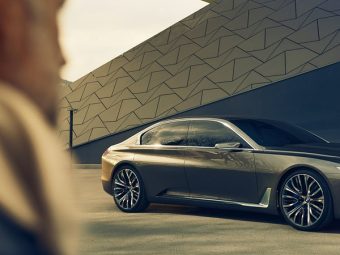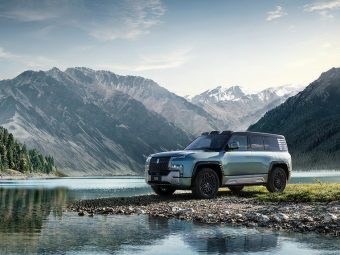As the global electric vehicle (EV) market continues to accelerate, Japanese automakers are somewhat belatedly stepping up their game. Like an Mecha Anime robot, Toyota, Subaru, Mazda, and Nissan have decided to combine forces by announcing ambitious plans to expand their EV production capabilities, fueled by significant investments in battery technology and government subsidies.
In a coordinated effort, these companies, along with battery giant Panasonic, have outlined a series of initiatives to boost domestic battery production. By the end of the decade, they aim to increase their combined battery capacity to approximately 36.6 gigawatt-hours (GWh). This expansion will enable them to produce a wider range of EVs and compete more effectively with global EV leaders.
The combined investment in these projects exceeds 944.6 billion yen ($6.58 billion), demonstrating the Japanese government’s commitment to supporting the country’s automotive industry. The Ministry of Economy, Trade, and Industry (METI) has allocated 326.0 billion yen ($2.27 billion) in subsidies to encourage these initiatives, reflecting concerns about Japan’s competitiveness in the rapidly evolving EV market.
The automakers’ plans encompass a variety of battery technologies, including cylindrical lithium-ion batteries for Subaru and Mazda, solid-state batteries for Toyota, and lithium-iron-phosphate (LFP) batteries for Nissan. These advancements will improve battery performance, reduce costs, and enhance the overall appeal of Japanese EVs.
Key Highlights:
Toyota’s Solid-State Battery Breakthrough: Toyota has secured government approval to develop and produce two new types of batteries, including a next-generation lithium-ion battery and an all-solid-state battery. The company aims to achieve an annual production capacity of 9 GWh for these batteries.
Nissan’s LFP Battery Focus: Nissan is investing in the development and mass production of LFP batteries, known for their lower production costs and improved safety. These batteries will be used in electric minivehicles starting around 2028.
Subaru and Mazda’s Battery Partnerships: Both Subaru and Mazda are collaborating with Panasonic to build new battery factories in Japan. These facilities will produce cylindrical lithium-ion batteries to support their upcoming EV models.
Government Support: The Japanese government is providing substantial subsidies to encourage these investments and ensure that the country’s automotive industry remains competitive in the global EV market.







